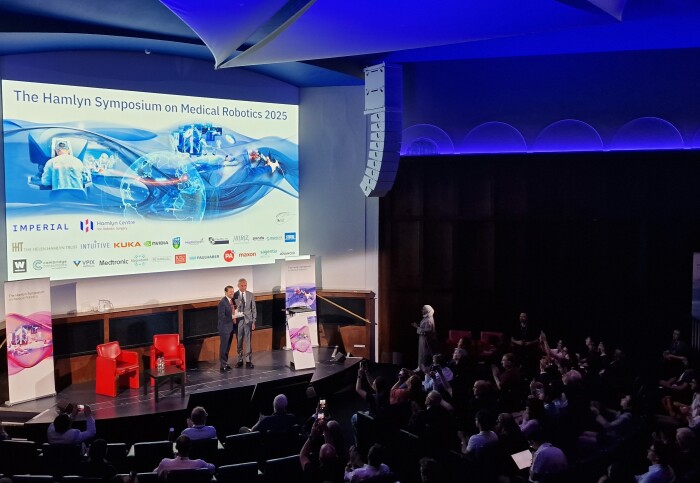The below interdisciplinary centres and networks focus on policy and stewardship.
NIHR Health Protection Research Unit in Healthcare Associated Infections and Antimicrobial Resistance: The HPRU in Healthcare Associated Infections and Antimicrobial Resistance is a partnership between Imperial College and UK Health Security Agency. It brings together researchers from a range of disciplines and professions (including doctors, engineers, epidemiologists, microbiologists, pharmacists, behavioural scientists, economists, and nurses) to address the threat of AMR and healthcare associated infections. It focuses on four themes: 1) Priority pathogens, 2) Precision prescribing, 3) Practice, design and engineering, and 4) Population health and policy.
- Visit the HPRU HCAI AMR website
The Centre for Antimicrobial Optimisation (CAMO): CAMO brings together innovative, multidisciplinary research to optimise antimicrobial use and sustain the effectiveness of these drugs in the face of increasing antimicrobial resistance and the absence of new treatments. Research focuses on: 1) the development of rapid diagnostic solutions, real-time biosensor technologies to monitor antimicrobial concentrations, and 3) using artificial intelligence and machine learning to assist with infection, detection, diagnosis, clinical decision making.
Centres for Antimicrobial Optimisation Network (CAMO-Net): CAMO-net is a unique global research partnership which aims to address the global impact of antimicrobial resistance on human health by fostering research partnerships across low, middle, and high resource settings and across urban and rural environments.
Fleming Initiative: Policy makers within the Fleming Initiative will convene with clinical scientists, behavioural scientists and the public to ensure that novel findings and ways to mitigate AMR are written into national and international policy. Policymakers will be connected with the public – uniting them with the common mission of using policy tools to tackle antimicrobial resistance, domestically and internationally. The co-location of policy makers within the centre will ensure the work done has maximal and rapid impact at scale.
Researchers in this field include:
- Professor Alison Holmes: AMR policy
- Professor Darius Armstrong-James: National level policy (NHSE, EPSAUR)
- Professor Graham Cooke: Policy on antibiotic use
- Will Bolton: AI-based clinical decision support for antibiotic stewardship
- Professor Francis Drobniewski: Public Health and hospital policy on antibiotic use
- Professor Mark Gilchrist: Antimicrobial stewardship and policy
- Mr Richard Wilson: Antifungal stewardship
Further reading:
- Imperial news story: Imperial College infectious diseases expert warns about drug resistance dangers. Highlighting Professor Alison Holmes's appearance in front of the Science and Technology Committee.
- British Journal of Surgery publication: The threat of antimicrobial resistance in surgical care: the surgeon’s role and ownership of antimicrobial stewardship, by Professor Alison Holmes et al.
